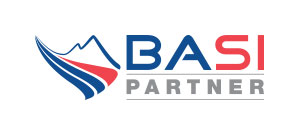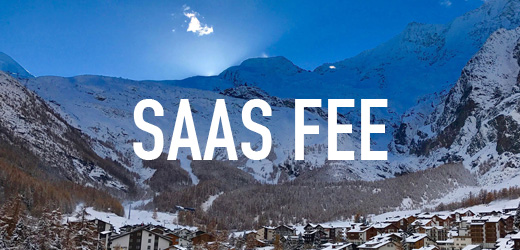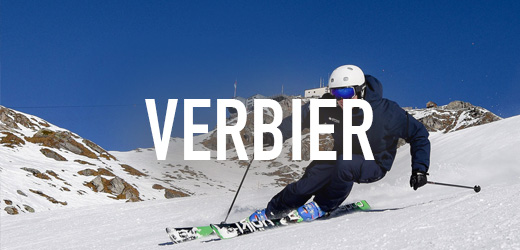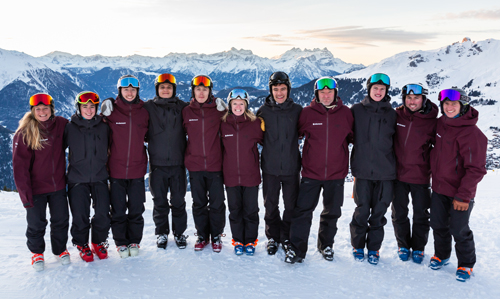WHAT WILL NEXT WINTER IN VERBIER LOOK LIKE FOR BRITISH TRAINEES?
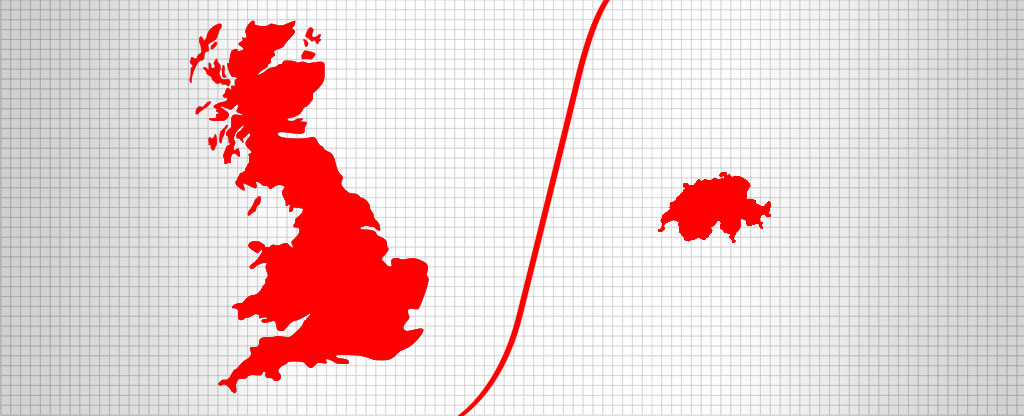
COVID, TRAVEL AND BREXIT
WHAT DO ALL THE CHANGES REALLY MEAN?
Everyone in Verbier is talking about next winter.
And they are focusing on two really important things – two things that are seemingly in opposition.
First of all everyone is confident that (barring any further disasters) the mountains will be very busy next winter – the phrase “pent up demand” is rapidly becoming a cliché…
The second is the situation with work permits. The Swiss are outside the EU but follow the EU – broadly speaking – when it comes to who-can-work-where.
So after Brexit UK passport holders no longer have the rights they did before – which means coming to Switzerland to work is no longer guaranteed.
PENT UP DEMAND…
There is definitely a lot of interest in skiing holidays for next winter.
Talking to chalet companies here they are experiencing more early bookings than ever before.
Accommodation is being snapped up – that’s a sign of massive confidence and also implies there will be massive demand for other services like ski lessons.
It it a risk though?
Well, if we are just looking at this through the lens of the UK and Switzerland, the big question is about travel.
So, with the UK vaccination programme continuing to stay on track and the Swiss committing to vaccinating everyone by the end of summer, the likelihood of a travel between the two nations seems very high.
As a result we expect quarantines will be removed at both ends (there is currently no quarantine from the UK arriving in Switzerland).
The big issue is the “Variants of Concern” as this is the current reason that travel is restricted from the UK to Switzerland.
However, as the data emerges it seems the vaccines give excellent protection from the new Delta variant which has become dominant in the UK – so it seems sensible to assume that vaccination will allow people to travel easily.
Assuming this all falls into place, then there is going to be a lot of work for ski instructors…
PERMITS AND PAPERWORK
After leaving the EU two key things changed for British passport-holders.
Firstly they can’t stay for over 90 days in the Schengen Area (which includes Switzerland) in any 180 day period – unless you have a work permit.
The second thing is that British workers can’t get work permits as easily as before Brexit.
A big factor is the 90 days – our Saas Fee course is 64 days long and our Verbier courses are 71 days long, so there is time left over to spend in Switzerland and Europe.
Previously Brits got permits as they were also EU citizens and there is an agreement between the Swiss and the EU – not between the Swiss and the UK.
So we are awaiting updates on the negotiations between the Swiss and the UK.
It’s possible there will be a new bilateral deal between the two nations that allows seasonal workers to move between the two countries.
SO WHAT SHOULD WE TAKE OUT OF THIS?
Well, the temptation at the moment is for everyone to look at current landscape and assume it’s going to stay exactly the same.
So on one hand we assume that borders will be closed between nations – when in fact they are looking like they will be opening up by the start of winter.
On the other hand we look at work permits and assume that they won’t be available simply because you can’t walk in and get one today…
But there are a lot of reasons to be optimistic about permits being available again down the line.
In addition there are a number of existing schemes that allow trainees to come to Switzerland to travel, work and qualify.
For example Canada and Switzerland have a Youth Mobility Programme to encourage student and young workers to gain work experience abroad.
There is also a trainee exchange programme between Switzerland and Argentina, Australia, Canada, Chile, Japan, Monaco, New Zealand, Philippines, Russia, South Africa, Tunisia, Ukraine, and the USA.
So it’s not impossible that the UK would simply sign up to one of these programmes or create something new along the same lines.
Whichever way you look at it but there are a lot of reasons to be optimistic.


